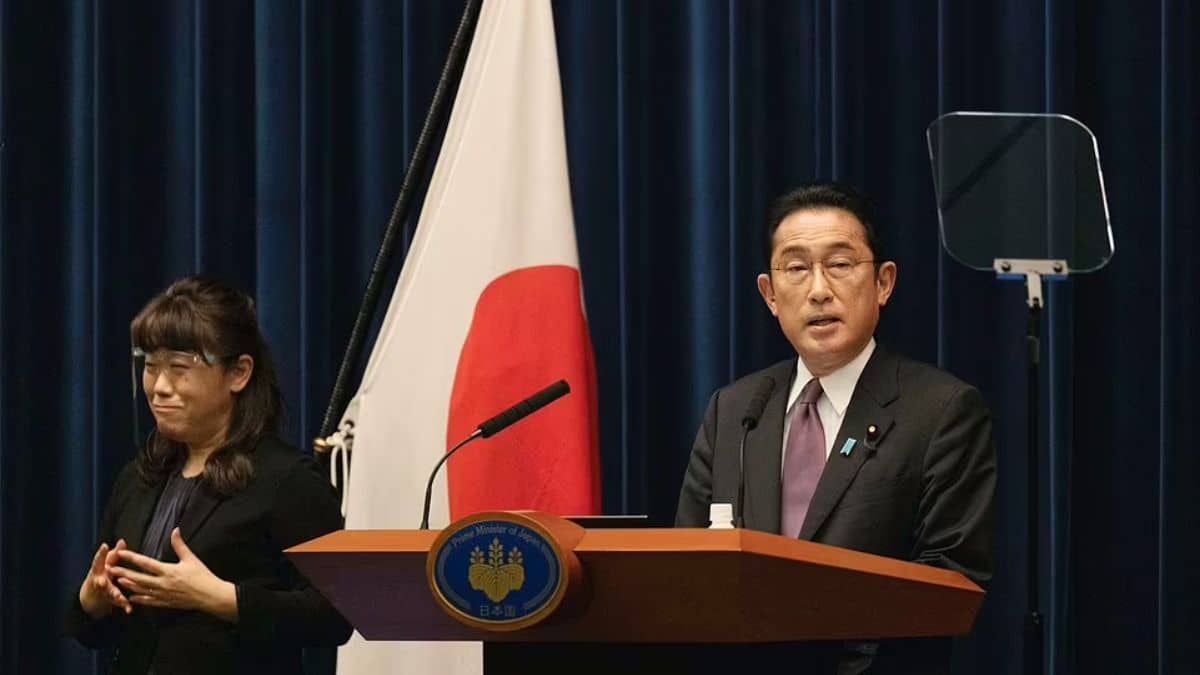Prime Minister Kishida Fumio has announced the cancellation of his planned visit to Central Asia and Mongolia, citing escalating concerns over earthquake risks in Japan. The decision, revealed earlier this week, reflects heightened urgency to address the country’s increasing threats.
The prime minister was scheduled to visit key Central Asian nations and Mongolia to strengthen diplomatic and economic ties. The trip was part of Japan’s broader strategy to bolster its influence in the region, which sits strategically between Russia and China. However, the recent uptick in seismic activity and a series of recent earthquakes in Japan prompted a reassessment of the prime minister’s travel plans.
Japan’s relationship with Central Asia and Mongolia is pivotal due to its strategic location and potential for economic partnerships. The region, with its rich natural resources and growing markets, is of significant interest to Japan as it seeks to diversify its economic and diplomatic engagements beyond its traditional allies.
The cancellation of Kishida’s visit underscores the Japanese government’s focus on domestic issues, particularly the need to enhance earthquake preparedness and response measures. Japan is one of the most earthquake-prone countries in the world, and recent seismic events have intensified concerns about the country’s ability to manage such risks effectively.
While the visit’s postponement might impact Japan’s diplomatic outreach in the region, it also reflects a broader trend of prioritizing domestic stability over international engagements in times of crisis. The Japanese government has assured that efforts to strengthen ties with Central Asia and Mongolia will continue, albeit through alternative diplomatic channels.
Japanese officials are expected to shift their focus towards improving infrastructure and response strategies to mitigate the impact of future earthquakes. The government’s commitment to addressing these pressing concerns aims to ensure the safety and resilience of its citizens while maintaining a strategic outlook in international relations.

